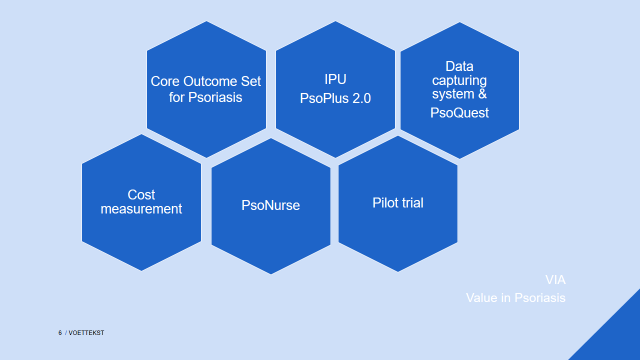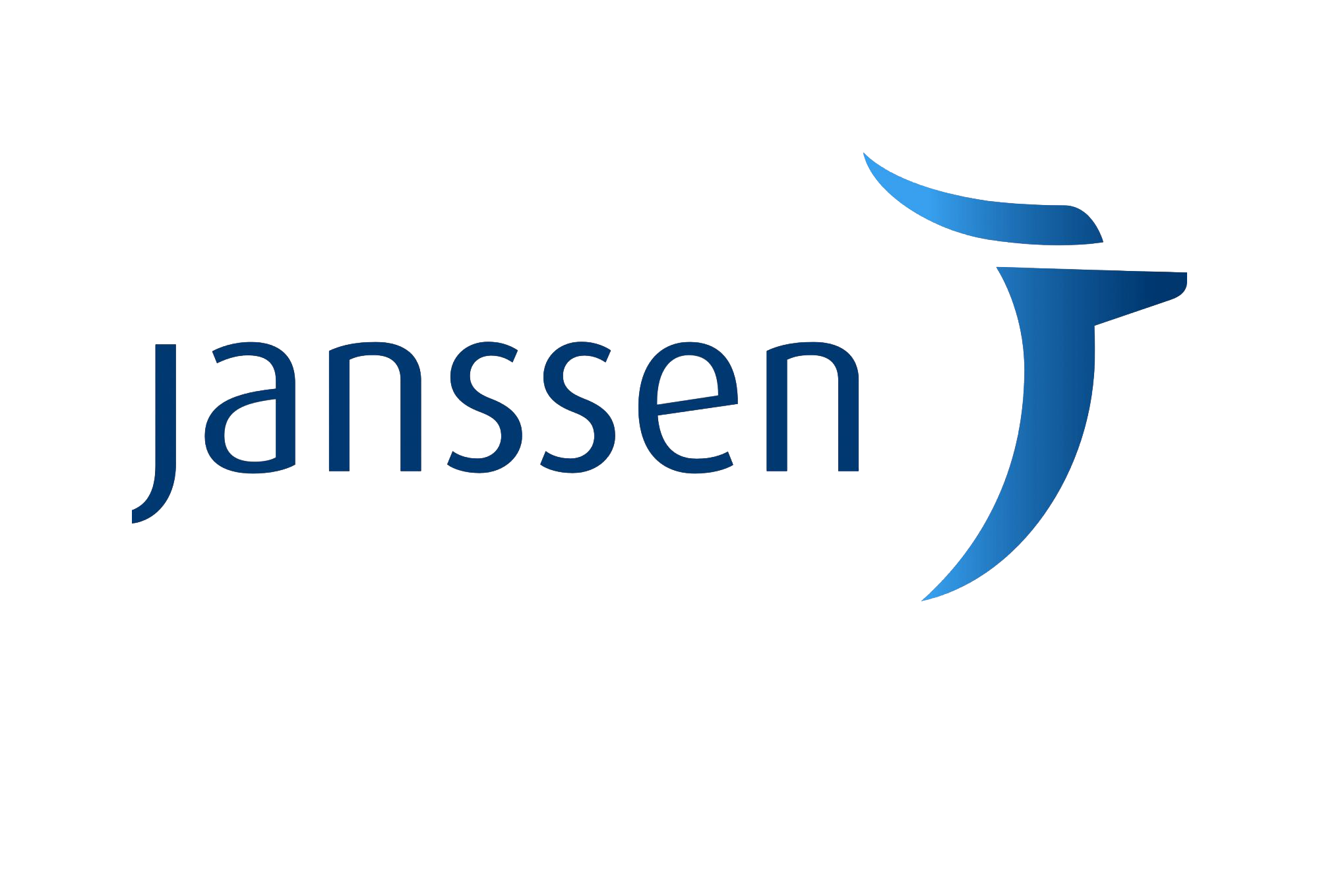The health care sector is under tremendous financial pressure and many acknowledge that a dramatic shift is required as the current system is not sustainable. Several solutions have been proposed, with one of them being the conceptual framework known as Value-Based Health Care (VBHC).
In this research project we aim to explore the added Value we bring when managing psoriasis patients in a VBHC manner. Value is defined in an equation as the health outcomes achieved that matter to patients, relative to the costs of achieving those outcomes (fig. 1). Accordingly, value can be improved by achieving better outcomes at comparable costs, or equivalent outcomes at lower costs.

VBHC is a strategic framework, devised by Michael E. Porter (Harvard Business School, Boston, MA, USA), aimed to transform healthcare organizations into economic sustainable systems that deliver high value care to patients, by achieving the best health outcomes at the lowest costs. Central in a VBHC-approach is a systematic assessment of outcomes that are relevant to patients, associated with an accurate measurement of the costs for the individual patient, preferably through time-driven activity-based costing. Furthermore, care is delivered in an integrated practice unit (IPU) led by a multidisciplinary team organized around all aspects of the medical condition. The goal of value-based care transformation is to enable the healthcare system to create more value for patients.
This project consists of 6 building blocks that each need to be completed to assess the added value by working in a VBHC manner (fig. 2). To assess the impact of working in a VBHC manner we set up the IRIS trial (value In psoRiasIS), a prospective observational study, which allows us the assess the outcomes achieved by working in a VBHC manner and capture the cost needed to obtain these outcomes. The results of this trial will provide invaluable insights regarding working in a VBHC approach.

Made possible by:


